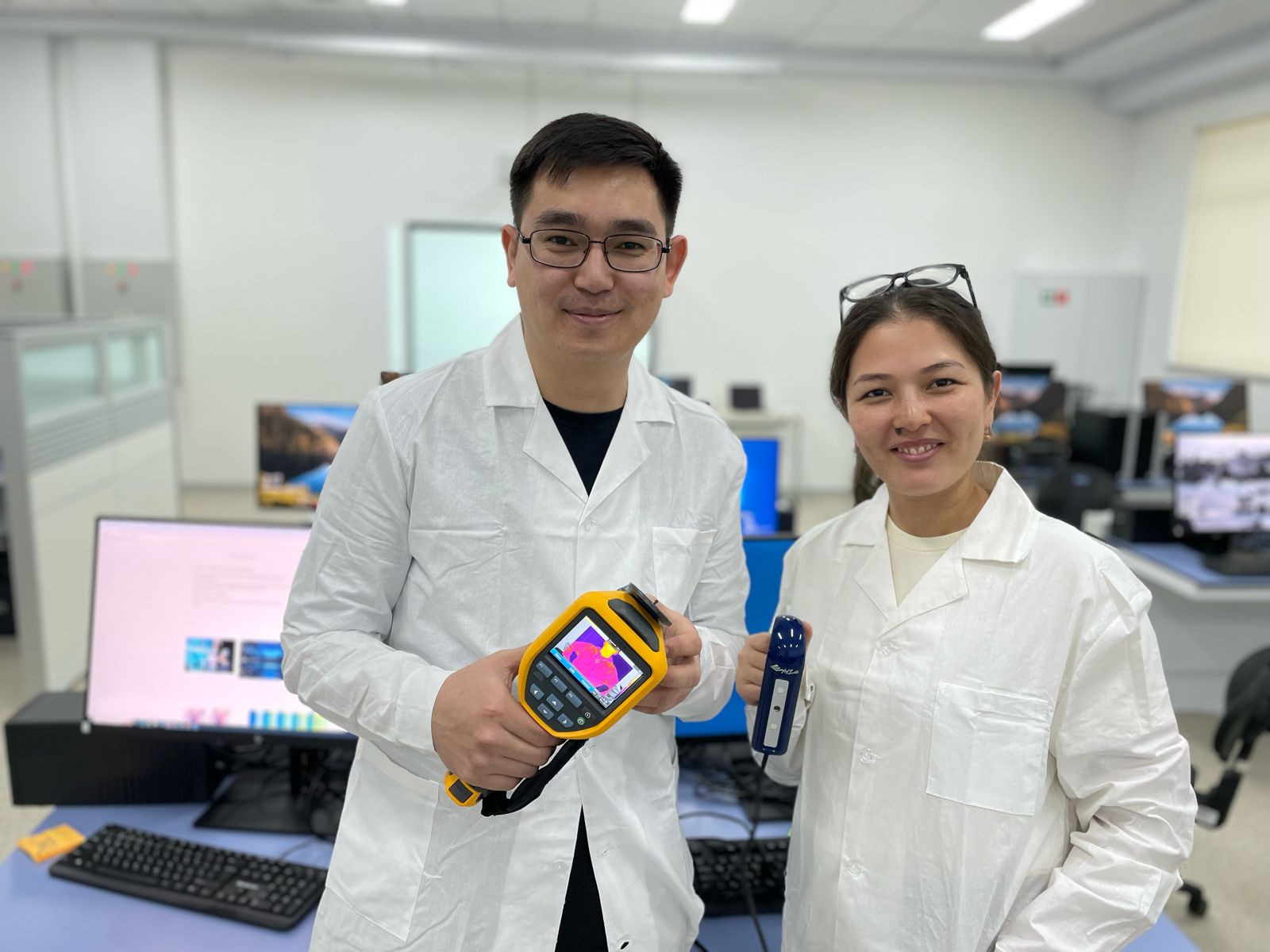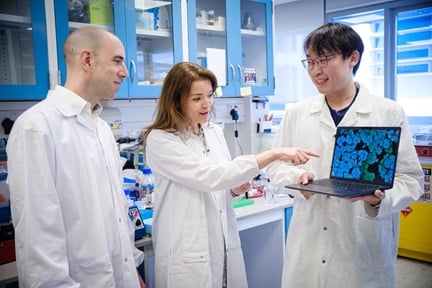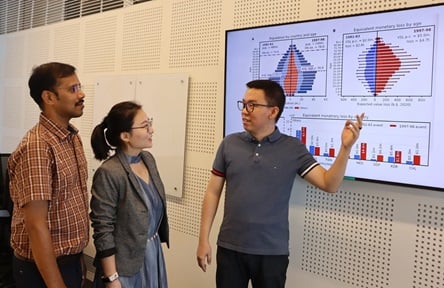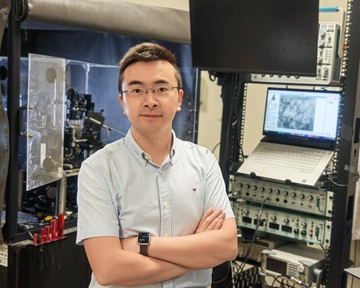A new program to assist in early breast cancer detection

A group of researchers, led by Assoc Prof Ng Yin Kwee from NTU’s School of Mechanical and Aerospace Engineering (MAE), has developed a computer program to identify potential tumours in the human breast, making use of the observation that malignant breast tumours distribute heat differently to healthy breast tissue.
The computer program, Physics-informed Neural Network (PINN), was developed in collaboration with medical doctors and researchers from Tan Tock Seng Hospital, Singapore General hospital, and Nazarbayev University in Kazakhstan, and combines artificial intelligence (AI) and heat-imaging technology.
PINN takes thermal infrared images of a breast and analyses the heat patterns within the tissue, flagging any possible malignant tumours within five minutes.
When the researchers tested PINN on hundreds of infrared images of breasts with malignant tumours, they found that the program had a 91 per cent accuracy in identifying harmful tumours.
While mammography is one of the most effective methods for early breast cancer detection, access to it is limited due to cost and availability. The NTU-developed tool, powered by machine learning, has the potential to serve as a complementary, non-invasive, and painless alternative.






